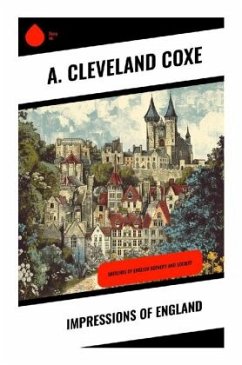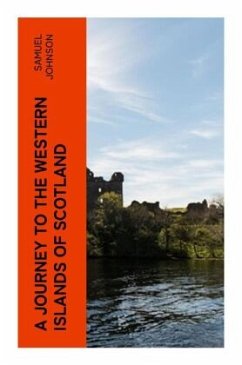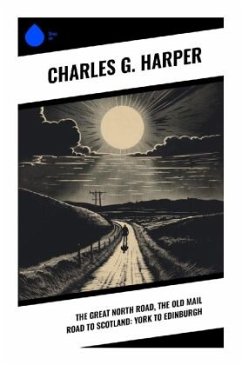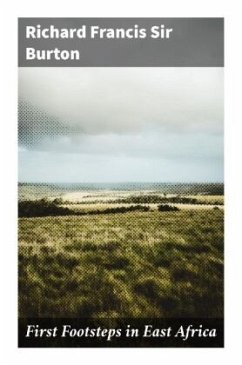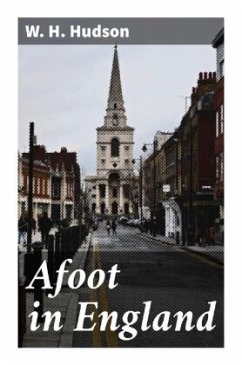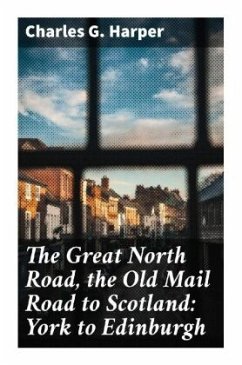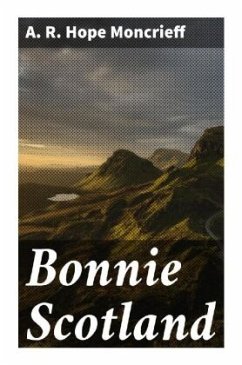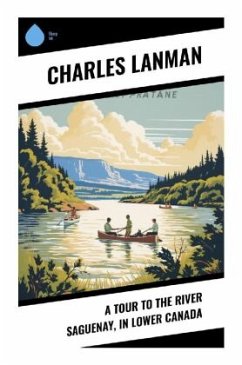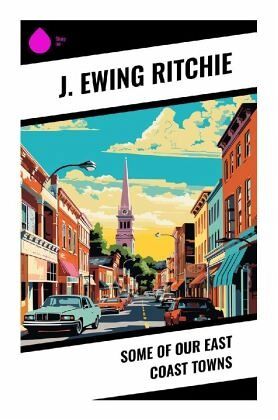
Some of Our East Coast Towns
Versandkostenfrei!
Versandfertig in 6-10 Tagen
6,70 €
inkl. MwSt.
Weitere Ausgaben:

PAYBACK Punkte
0 °P sammeln!
In "Some of Our East Coast Towns," J. Ewing Ritchie crafts a vivid and engaging portrait of the coastal towns of 19th-century Britain. With meticulous detail and keen observational prowess, Ritchie employs a blend of travel writing and local history, offering readers a tapestry woven from the rich social fabric and picturesque landscapes of the East Coast. His narrative style is characterized by a keen eye for detail, laced with humor and a deep sense of nostalgia, which situates the work within the broader literary context of Victorian travel literature. Ritchie's on-the-ground exploration br...
In "Some of Our East Coast Towns," J. Ewing Ritchie crafts a vivid and engaging portrait of the coastal towns of 19th-century Britain. With meticulous detail and keen observational prowess, Ritchie employs a blend of travel writing and local history, offering readers a tapestry woven from the rich social fabric and picturesque landscapes of the East Coast. His narrative style is characterized by a keen eye for detail, laced with humor and a deep sense of nostalgia, which situates the work within the broader literary context of Victorian travel literature. Ritchie's on-the-ground exploration brings to life the unique charms and challenges faced by these towns during an era of rapid industrialization and shifting social norms. J. Ewing Ritchie was a journalist and author whose background in reporting helped him develop a keen analytical perspective on societal changes. His experiences traveling along Britain's coasts provided him with rich material to explore the local culture and economy. This book arose from Ritchie's desire to celebrate the beauty and character of these towns while also reflecting on the transformations they underwent during his lifetime. Readers seeking an engaging blend of travelogue and social commentary will find "Some of Our East Coast Towns" a fascinating read. Ritchie's authentic narrative invites modern audiences to reconnect with the past, offering insights not only into the towns themselves but also into the broader human experience of change and adaptation.




